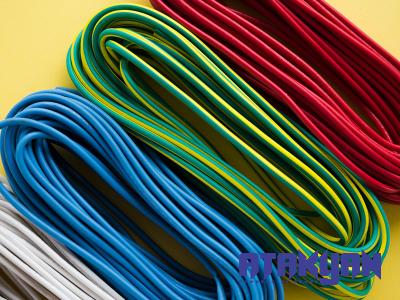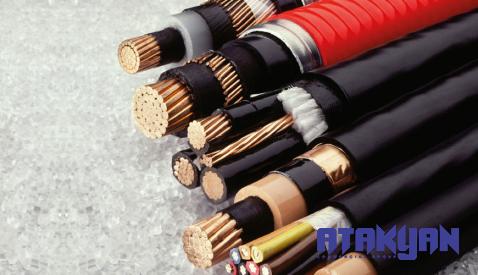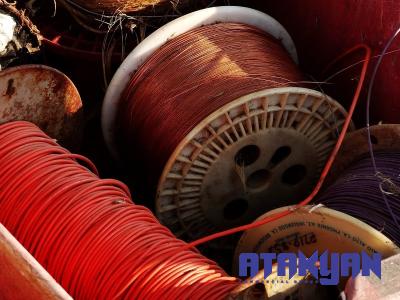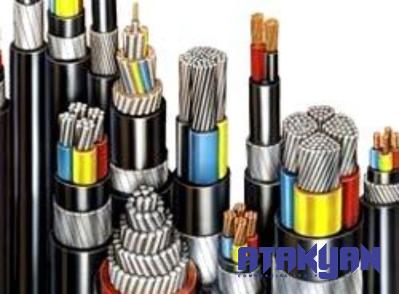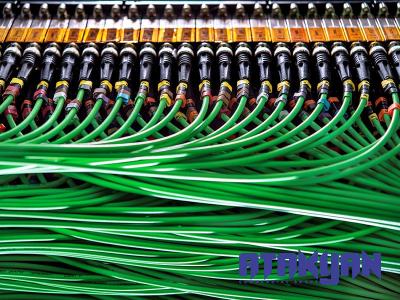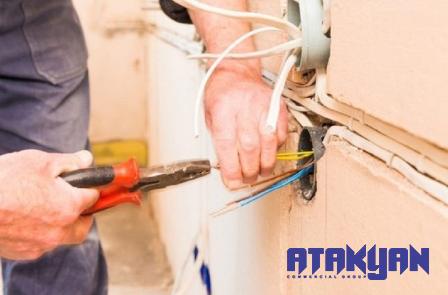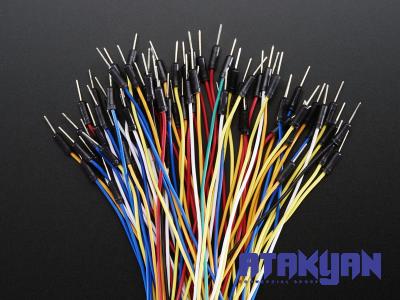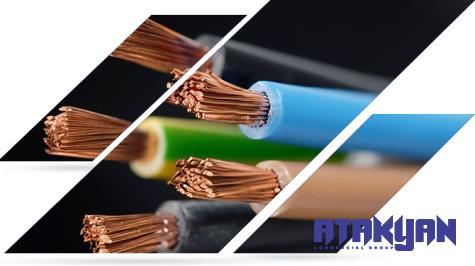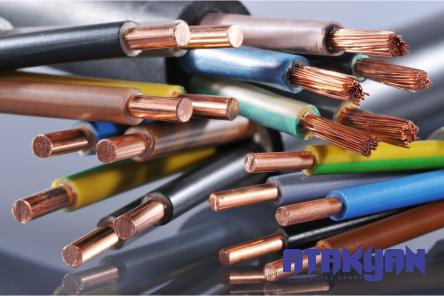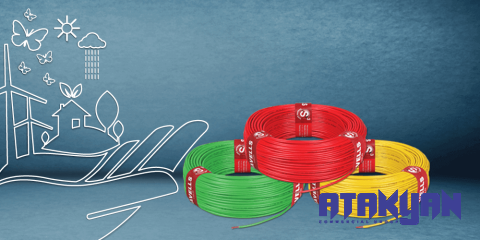A Comprehensive Guide
With the ever-increasing demand for welding in various industries, it is essential to understand the different types of welding electrodes available in the market. These electrodes play a critical role in welding processes, enabling the joining of two metals. In this article, we will discuss four types of welding electrodes, including their features and applications.
1. Mild Steel Electrodes:
Mild steel electrodes, also referred to as low hydrogen electrodes, are the most commonly used type of welding electrodes. These electrodes are suitable for welding mild and medium-carbon steels. They contain a high concentration of iron along with small amounts of other elements such as manganese and silicon.
The main advantage of mild steel electrodes is their versatility. They can be used for welding in all positions and are effective in both AC and DC currents. Additionally, these electrodes produce low levels of spatter and create strong welds with good impact properties.
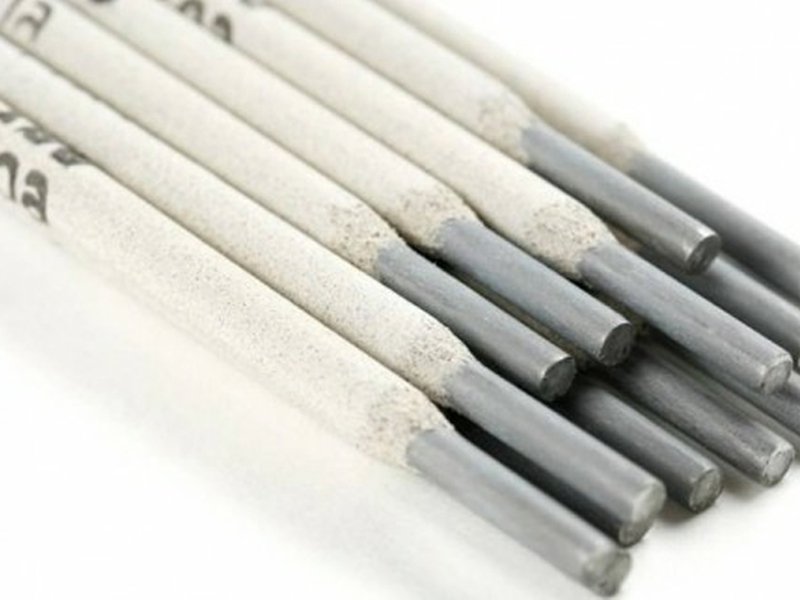
Mild steel electrodes find applications in various industries, including construction, automotive, and manufacturing. They are particularly useful in projects that require high-quality structural welds.
2. Stainless Steel Electrodes:
Stainless steel electrodes are specifically designed for welding stainless steel, a combination of iron, chromium, and other elements. The chromium content in stainless steel provides excellent corrosion resistance, making it ideal for applications where resistance to rust and oxidation is crucial.
Stainless steel electrodes are available in different types, each suitable for specific stainless steel grades. For instance, E308 electrodes are used to weld 304 stainless steel, while E316 electrodes are used for 316 stainless steel. These electrodes offer good arc stability, control of spatter, and produce clean welds with high-quality finishes.
Stainless steel electrodes find extensive use in industries such as food processing, chemical manufacturing, and pharmaceuticals. They are particularly valued for their ability to create durable and hygienic welds that maintain the integrity of the stainless steel.
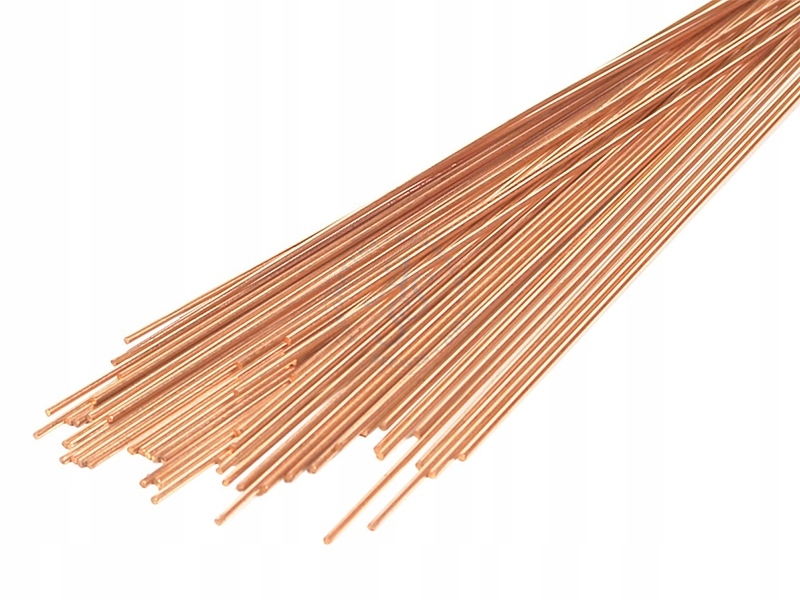
3. Cast Iron Electrodes:
As the name suggests, cast iron electrodes are used for welding cast iron, a brittle and challenging material to weld. Cast iron contains a high carbon content, which makes it susceptible to cracking during the welding process. To overcome this challenge, specialized electrodes are employed.
Cast iron electrodes are unique in their composition, typically containing high amounts of nickel and low amounts of carbon. These electrodes are designed to match and repair cast iron components effectively. They have excellent thermal and mechanical properties, allowing for the successful repair of cracks, defects, and worn-out areas.
These electrodes are commonly applied in the automotive and manufacturing industries, where cast iron components are frequently introduced. They are highly effective in restoring the integrity and functionality of damaged or worn-out cast iron parts.
4. Aluminum Electrodes:
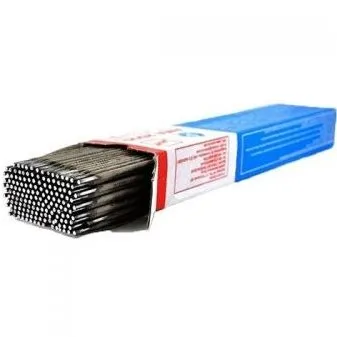
Aluminum electrodes are specifically formulated for welding aluminum and aluminum alloys. Aluminum is a lightweight and highly conductive metal widely used in industries such as aerospace, automotive, and construction. However, welding aluminum can be challenging due to its low melting point and high thermal conductivity.
Aluminum electrodes have a specialized flux coating that vaporizes and forms a protective gas shield during welding. This shield prevents the aluminum from reacting with oxygen in the atmosphere, reducing the formation of defects in the weld.
These electrodes are available in different types, each suitable for different aluminum alloys. They provide excellent arc stability, minimal spatter, and create welds with good mechanical properties.
When purchasing welding electrodes, it is crucial to consider factors such as diameter, classification, and coating type. The diameter of the electrode should match the thickness of the metal being welded. The classification indicates the type of material the electrode is suitable for, while the coating type determines the welding process and the final weld characteristics.
In terms of price, the cost of welding electrodes varies based on factors such as the type of electrode, brand, and quantity. Generally, mild steel electrodes are the most affordable, while stainless steel and aluminum electrodes tend to be more expensive due to their specific applications and properties.
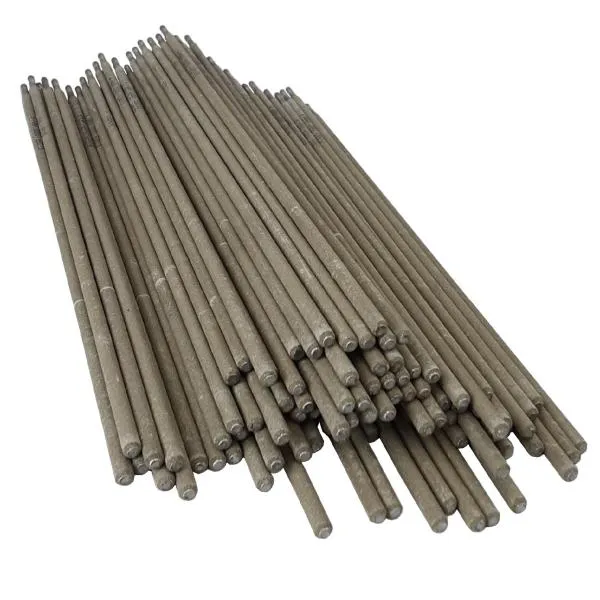
In conclusion, understanding the different types of welding electrodes is essential for any welding professional or enthusiast. Whether you are working on mild steel, stainless steel, cast iron, or aluminum, employing the right electrode is crucial for achieving high-quality welds. By considering the features and applications of each type of electrode, you can make informed decisions when purchasing and using welding electrodes for your projects.
